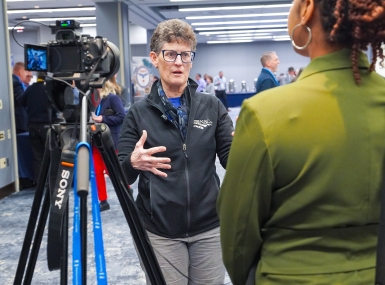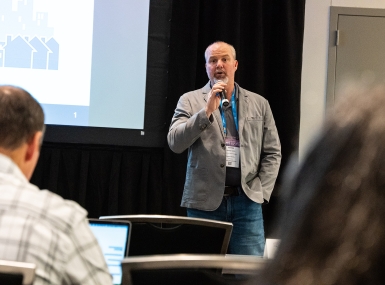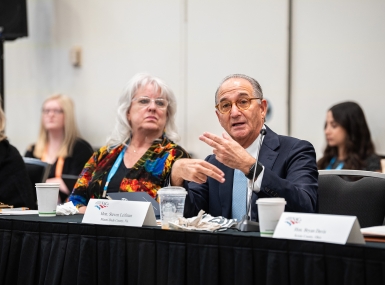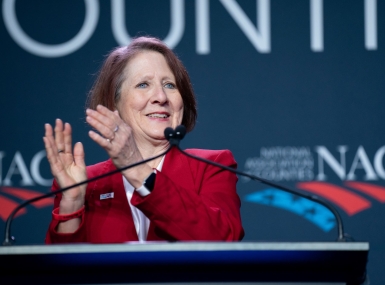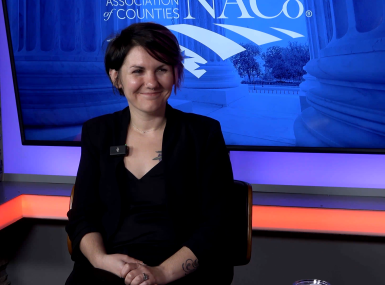Podcast: Heavier truck proposals in Congress threaten county bridges
Upcoming Events
Related News

With a road network that brings trucks carrying nearly 80,000 pounds of gravel and sand through downtown Cleburne, Texas, Johnson County roads and bridges are feeling the impact of heavy trucks on a daily basis.
Johnson County Commissioner Rick Bailey spent 35 years in the trucking industry prior to running for office, and he offers two perspectives on the issue backed by his experience, but there’s no reason to save the surprise — he doesn’t approve of proposals to increase the weight limit on trucks.
“It’s such an inconvenience to the driving public who live down these roads because now they have to find an alternate road to get home,” not to mention access for emergency responders who need access to bridges that have been taken out of commission due to safety concerns.
That wear and tear, along with a confluence of market forces and inflation, makes managing the budget for his precinct’s roads and bridges a considerable challenge.
Listen as he tells the County News Podcast all about the issues surrounding heavy truck proposals and what they would mean for county roads and bridges, many of which were designed and built when the trucking industry was much different.
Related News

U.S. House of Representatives passes SPEED Act and other permitting reform bills
On December 18, the U.S. House of Representatives passed the SPEED Act (H.R. 4776). The SPEED Act would strengthen county involvement in decision-making and make needed commonsense reforms to the federal environmental review process.

Counties and Railroads: Shared Priorities for the Next Surface Transportation Bill
County leaders from across the country have a vital opportunity to ensure their infrastructure priorities are front and center.

House lawmakers introduce bipartisan legislation to support World Cup local transportation needs
On December 2, U.S. Reps. Rick Larsen (D-Wash.-02) and Burgess Owens (R-Utah-04) introduced the Transportation Assistance for Olympic and World Cup Cities Act (H.R.6348), a bipartisan effort to strengthen local transportation systems in communities preparing to host major international sporting events
Advocacy
Latest NACo advocacy on the size and weight of heavy trucks
View the latest NACo advocacy on the size and weight of heavy trucks.




